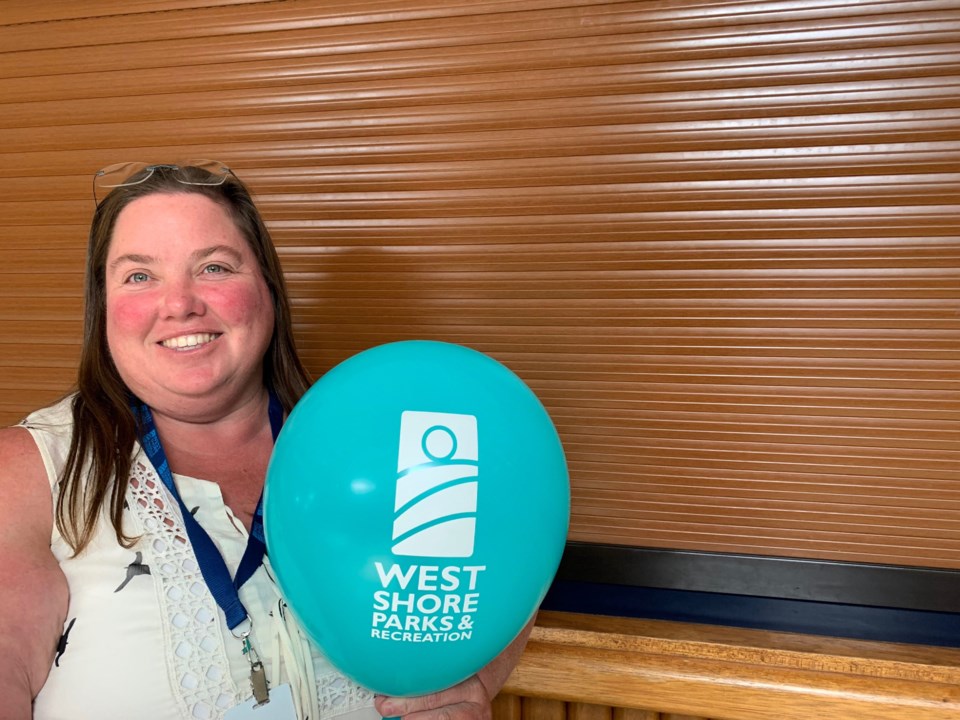There is no denying that we can all do better, and it would be juvenile to think there is no room for improvement. Often, improvement is something that we can determine on our own, and it comes from assessing our own behaviour. That’s what makes it tricky, because to be successful, we need to objectively assess our actions and their outcomes.
Every now and then, we are faced with an undeniable need to change. In these instances, we are faced with concrete proof that we could have, and should have, done something differently.
No one likes hearing excuses, and they never work. When I was young, working at a job far from home, I was given the best piece of advice. I was told if you make a mistake, to own it and fix it. It was explained to me that when you say “I messed up, I’ll fix it” the conversation is over, but if all you offer is a string of excuses it just escalates the situation, it won’t make it go away. Ever since then, I try to follow that advice and admire others when they do the same.
West Shore Parks and Recreation had one of these moments, and reacted in a very admirable way.
Last April, the recreation facility was alerted through a social media post that one of their branded balloons had ended up on a beach in Powell River. There was no denying the logo on the balloon or where it came from.
“I was really surprised to hear it travelled that far,” said Bobbi Neal, recreation programmer for West Shore Parks and Recreation. “I don’t think any of us realized how far balloons would travel.”
Soon after the online post, the program team headed into a routine planning meeting and discussed the event.
“As a team, we made a conscious decision to not use balloons at our birthday parties anymore,” said Neal.
The balloons at the recreation facility are used indoors for crafts and games, and when they are gone, they will not be replaced.
When discussing the environmental implications of balloons, the team began discussing other factors such as the use of helium.
“It’s a non-renewable resource,” explained Neal, adding that two months after the incident, they stopped using helium in balloons. “We value sustainability, and using helium just didn’t align with our values.”
This is a pretty powerful statement. I love when strategic planning is brought to the forefront and is part of decision-making like this.
Since the removal of balloons from birthday parties, only one family asked why there weren’t balloons — and when they received the answer, they replied: “Oh, that makes sense.”
Balloons are a tradition that many of us have known and expected our entire lives. Balloons are used for celebrations such as birthday parties, anniversaries and gender reveals. They are also used to aid in the grieving process for events that include balloon releases to honour a loved one who has passed on.
When my sister passed away, her friends and family members in Australia planned a balloon release in her honour. I watched the videos online and it was beautiful to see so many people honour her. I am a firm believer in supporting people to grieve how ever they need to. I personally wouldn’t organize a balloon release, but I would also never stop someone from participating in one.
“It’s a beautiful intention, but there are long-term impacts,” Neal said. “Ranchers find balloons and string all bundled up in their hay bails and their animals get sick.”
If I saw a grieving family about to release balloons, I would never interrupt them and comment on their choice. Often on social media, I read posts from people who are always pointing fingers at other people and judging their choices. This story isn’t about looking at others’ choices — it’s about looking at your own choices and doing a better job.
The thing I appreciate about West Shore Parks and Recreation is they have quietly made these changes because it was the best thing to do. When I heard this story through a friend, I reached out to the recreation facility and asked if I was able to share it.
When it comes to making better sustainable choices, it’s not about balloons, straws or plastic shopping bags. We need to look at the root cause and not just the symptoms. The root cause is our actions and entitlement toward consumption.
Charla Huber is the director of communications and Indigenous relations for M’akola Housing Society and M’akola Development Services.



